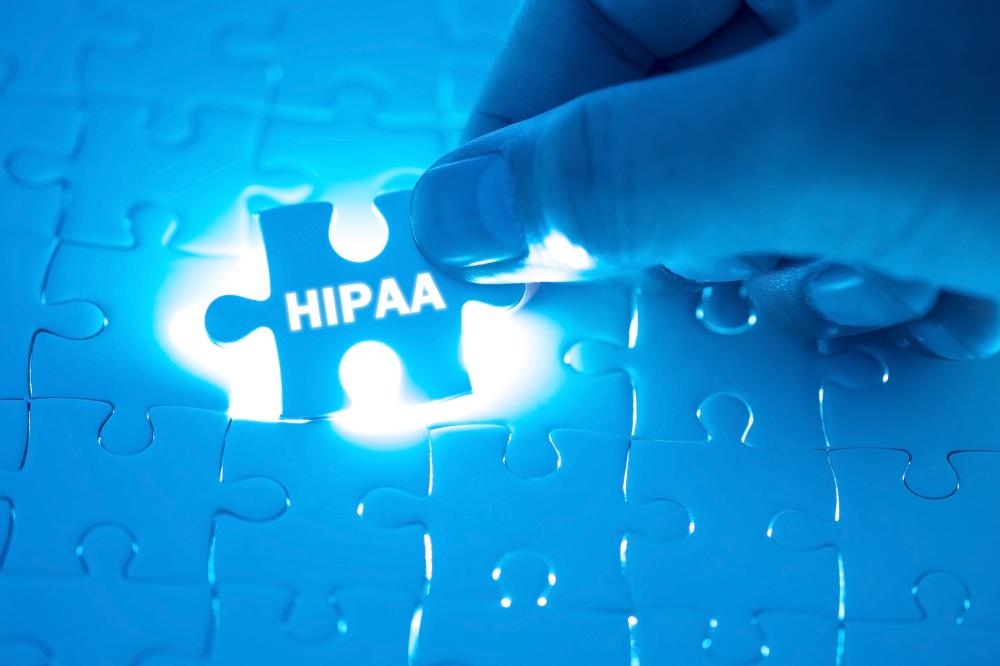The FCC updated its Mapping Broadband Health in America tool to allow for visualization of more detailed data at the intersection of broadband access and health problems such as opioid abuse, cancer, chronic disease and several conditions affecting maternal health, said a public notice, fact sheet and news release Friday. The latest update “provides a crucial lens into the complex factors affecting maternal health” and is aimed at “empowering communities and policymakers to take action to improve the health and well-being of reproductive age and pregnant women across the country."
The FCC offered demonstrations of new and existing features of its mapping broadband health in America platform, in a letter Thursday from Chairwoman Jessica Rosenworcel to Senate Commerce Committee Chair Sen. Maria Cantwell, D-Wash. The agency will release the updates next month, allowing users to "delve deeper into the intersection of broadband connectivity and health" throughout the country, Rosenworcel said. Commissioners heard details about the update's inclusion of maternal health data from the Connect2Health Task Force during their open meeting Thursday (see 2410170026). The platform updates "represent a significant step forward in our work to understand the intersection of broadband connectivity and maternal health," Rosenworcel said.
The FCC's mapping broadband health in America platform will soon include additional details on telehealth access and maternal health, the Connect2Health Task Force told commissioners during their open meeting Thursday (see 2409250041). While the FCC has adopted rules requiring georouting wireless calls to the 988 Suicide and Crisis Lifeline, it's uncertain whether it will require georouting to other emergency helplines, Chairwoman Jessica Rosenworcel said during a news conference following the meeting. The 5-0 988 georouting approval was expected (see 2410040005). Commissioners also unanimously voted for adoption of an order on hearing aid compatibility requirements (see 2410170030) and tentatively selected applicants for new low-power FM station construction permits.
FCC Connect2Health task force members will provide an update on maternal health and broadband mapping efforts during commissioners' open meeting Thursday. The task force will speak on "new, more extensive broadband and maternal health data sets" that will be added to the Mapping Broadband Health in America platform, said a news release Thursday (see 2306200074). The update will also "consolidate the chronic disease, opioid, and maternal health modules into one unified platform," the agency said.
Community health experts and consumer advocates encouraged increased investment in broadband access and devices that can be used for telehealth during a Broadband Breakfast webinar on Wednesday. In addition, panelists discussed the benefits of community or public investment in broadband as a way of improving health outcomes. They also noted potential steps regulators could consider for protecting patient data.
The Vermont legislature passed bills on privacy and kids’ online safety Friday. After back-and-forth on amendments, the House and Senate agreed to a comprehensive data privacy bill (H-121). While final text wasn’t available Monday, “reports indicate that it has a narrow private right of action focused on data brokers and larger data holders and limited to the bill’s sensitive data and consumer health data provisions,” Husch Blackwell attorney David Stauss blogged. That might be a first among states (see 2403220040). The legislature also agreed to an age-appropriate design code bill (S-289) like the California law. Pouncing immediately, tech industry group NetChoice urged Vermont Gov. Phil Scott (R) to veto S-289. The bill “would chill lawful speech online and negatively impact Vermont’s vibrant small business community,” wrote NetChoice General Counsel Carl Szabo: “Similar requirements … have already been challenged and are currently enjoined.” Design It For Us, a youth advocacy group that originally campaigned to pass California’s kids code law, applauds the legislature “for working to protect young people from online harms and passing much needed Kids Code legislation despite industry efforts to defeat it,” said co-Chair Zamaan Qureshi in a statement. Accountable Tech, another supporter of such laws, also lauded passage of S-289. “It’s clear that momentum is on the side of young people fighting for safer online spaces as Vermont becomes the third state to pass age-appropriate design code legislation with the Vermont Kids Code,” said Executive Director Nicole Gill.
